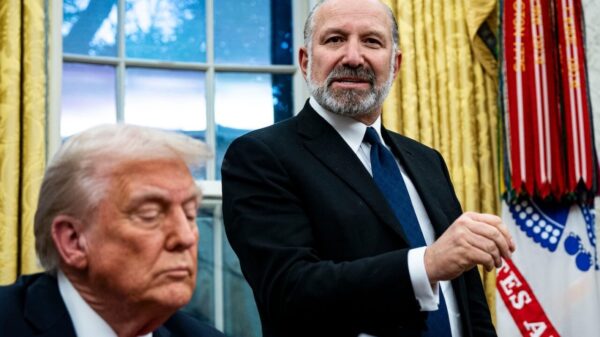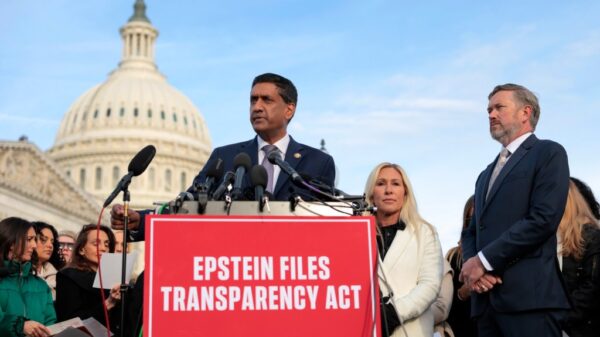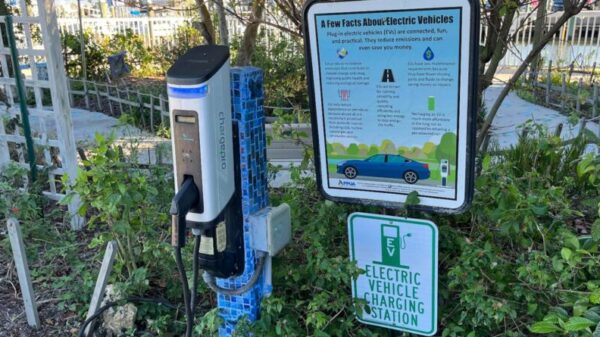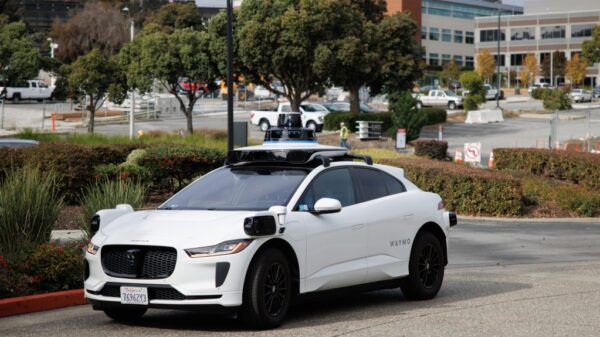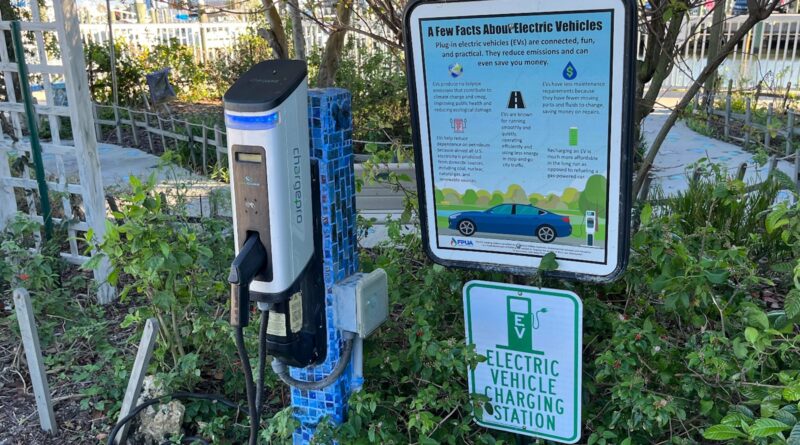Countries globally are rapidly expanding their renewable energy capacities, propelled by advancements in artificial intelligence (AI) and the Internet of Things (IoT). This evolution is shifting the landscape away from reliance on government incentives, making profitable renewable energy increasingly standard. According to recent estimates, the global renewable energy market is projected to grow from $1.26 trillion in 2025 to $4.60 trillion by 2035, reflecting a compound annual growth rate (CAGR) of 12.48% throughout this period.
The transition towards renewable energy is becoming a fiscal priority as the market moves beyond mere cost-competitiveness. A report from the International Renewable Energy Agency (IRENA) in July 2024 indicated that renewables are maintaining a price advantage over fossil fuels. The decline in costs is attributed to technological innovations, competitive supply chains, and economies of scale.
Several factors contribute to the increasing adoption of renewable sources. These include a decreasing total cost of investment and reduced dependence on volatile international fuel markets, which enhances energy security. Notably, renewable energy sources play a vital role in combating climate change, making the business case for their implementation more compelling than ever.
Despite these advancements, challenges remain. Trade tariffs, raw material acquisition issues, manufacturing transitions, permitting delays, limited grid capacity, and increasing balance-of-system expenses continue to pose significant hurdles. According to Greg Jackson, CEO of Octopus Energy, “Clean energy exports are hardware, which, once purchased, will generate electricity for a decade or two to come. Whereas with gas, the day you buy it, you use it, and it’s gone forever.”
As renewable energy technologies mature, they are proving more economically viable and efficient. Notably, the International Energy Agency (IEA) has reported that renewable energy continues to expand at a rate faster than fossil fuels globally. This assessment holds true despite the political landscape, including opposition from the previous administration in the United States. The IEA projects that oil demand might peak “around 2030,” highlighting the growing momentum behind renewables.
The global movement towards clean energy has garnered support from many leaders. Antonio Guterres, the UN Secretary-General, emphasized that “clean energy is smart economics – and the world is following the money.” Countries, regardless of size, are increasingly looking to solar and other small-scale renewables to achieve energy independence, mitigate power outages, and provide electricity to underserved regions.
A significant development occurred on November 18, 2025, when Cordelio Power announced the commencement of commercial operations for its Crossover Wind project in Cross County, Arkansas. This 135-megawatt wind farm represents a breakthrough for renewable energy in the area. The landowners involved are projected to receive over $50 million in lease payments over the project’s lifespan, while local taxpayers can expect an annual influx of approximately $950,000 into community funds.
In a broader context, the International Court of Justice (ICJ) ruled in July 2025 that a clean, healthy, and sustainable environment is a fundamental human right. This position challenges the interests of many petrochemical companies and states, especially as discussions at COP30 become increasingly contentious. While regulatory incentives may not suffice to compel businesses and investors to change their practices, the situation remains fluid.
The report from Climate Action Against Disinformation (CAAD) revealed a troubling rise of 267% in disinformation related to climate action ahead of COP30, indicating that negative narratives continue to cloud public perception. As CAAD communications co-chair Philip Newell stated, “We may just be winning, because of progress that is being made all over the world.”
Meanwhile, the U.S. Department of Energy has initiated a significant restructuring. The department plans to prioritize oil and nuclear resources, diminishing the focus on renewable energy initiatives established during the previous administration. Secretary of Energy Chris Wright has publicly stated that climate change is not a pressing concern for the nation. Several offices integral to clean energy innovation have been dissolved, including the Office of Clean Energy Demonstrations and the Office of Energy Efficiency and Renewable Energy.
In response to these changes, U.S. lawmakers, led by Senator Alex Padilla and Representative Sharice Davids, are advocating for the preservation of electric vehicle (EV) investments during the reauthorization of bipartisan surface transportation legislation. They argue that the reauthorization process cannot genuinely be bipartisan if it continues to undermine federal support for EV initiatives.
As the renewable energy sector grows and faces both challenges and opportunities, its trajectory remains a crucial aspect of the global energy landscape. The commitment to cleaner energy sources not only addresses climate change but also represents a significant economic shift towards sustainability and resilience.



